“IT ALL started with an invite to go and watch the Middlesex over 50s cricket team,” said the former England, Middlesex and Surrey cricketer, Mark Ramprakash.
He spoke to Eastern Eye over Zoom and is looking fit and relaxed and unbelievably younger than his 53 years.
“I went along and met some wonderful guys, very enthusiastic, who had a love of cricket, and a couple of them had some really interesting stories about suffering a cardiovascular event, basically a stroke, which were very, very serious.
“It really kicked off an interest in terms of understanding a little bit more about high levels of cholesterol, and how we can help prevent people having very serious strokes.”
That conversation turned in a documentary with Ramprakash speaking to two members of Middlesex’s senior club Chetan Malhotra, who is 52, and 60-year-old Sharath Jetty.
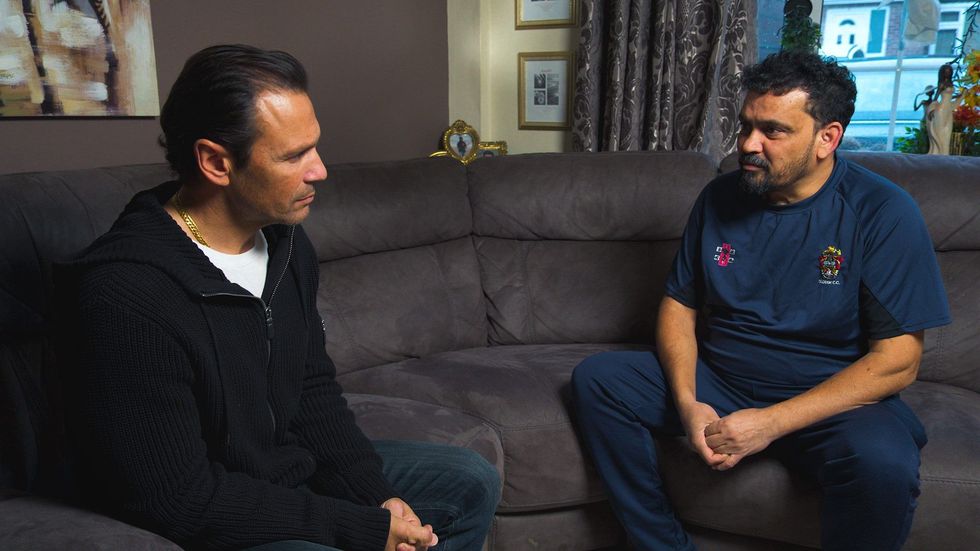
“It follows their stories, and it's all about promoting more self-awareness, concerning cholesterol and how we can prevent people suffering from high levels of cholesterol.
“Probably the number one piece of advice I would give people is to get tested, because what we discovered is there are a lot of people who feel they're in reasonable physical health.
“In actual fact, you can still suffer from very high levels of cholesterol.
“We would advocate people going along either to their local pharmacist or touching base with their GP and getting tested.
“Because once you have a measurement of where you're at, and if you have high levels of cholesterol, then there are various things you can do, looking at your nutrition, your diet, how much exercise you do per week and if necessary, there may be medication that can help you as well.”
This was a personal project for Ramprakash.
His father, Deo, who is of Indian heritage, experienced a stroke several years ago, and the former England coach was eager to find out the potential risks he faced.
“My father suffered a stroke in 2012, his ancestors were originally from India, he's diabetic, he has high blood pressure.
“So, I learned that people of south Asian descent are twice as likely to suffer a stroke or a cardiovascular event.
“That really hit home as well, and it gave me a lot of interest in the campaign and the documentary to really try and do whatever I can to help publicise more self-awareness.”
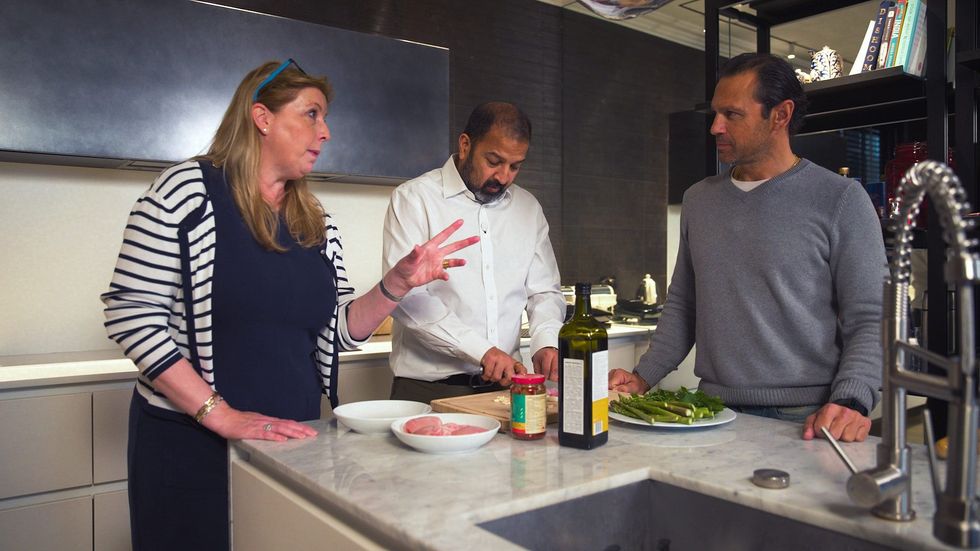
Ramprakash revealed he had a “very sweet tooth”, “If you put a gulab jamun in front of me, I struggle to resist”, he said.
That and his experiences during Covid are why he continues to look after himself.
“I've had a career in cricket and professional sport and physical fitness is paramount to that, it's given me a lot of longevity.
“I've tried to have good habits, I don't drink alcohol, I never have.
“The pandemic hit me hard, I lost a bit of energy and interest and discipline in staying physically fit.
“So, I've tried to regain that, taking a little bit more notice in trying to diarise times when I'm exercising, or going to the gym, or, or whatever.
“I like golf, I often play once a week, which gets me out and about.
“Then of course, the nutrition, I try to drink a lot more water; as people we drink teas and coffees, which I do, we don't drink enough water as we should.
“The way our food is cooked, curries may not necessarily be the most healthy, but there are things you can do to make the food a little bit more healthy.
“It's just trying to look at that overall package of things that if you do a little bit here a little bit there, it can make a big impact.”
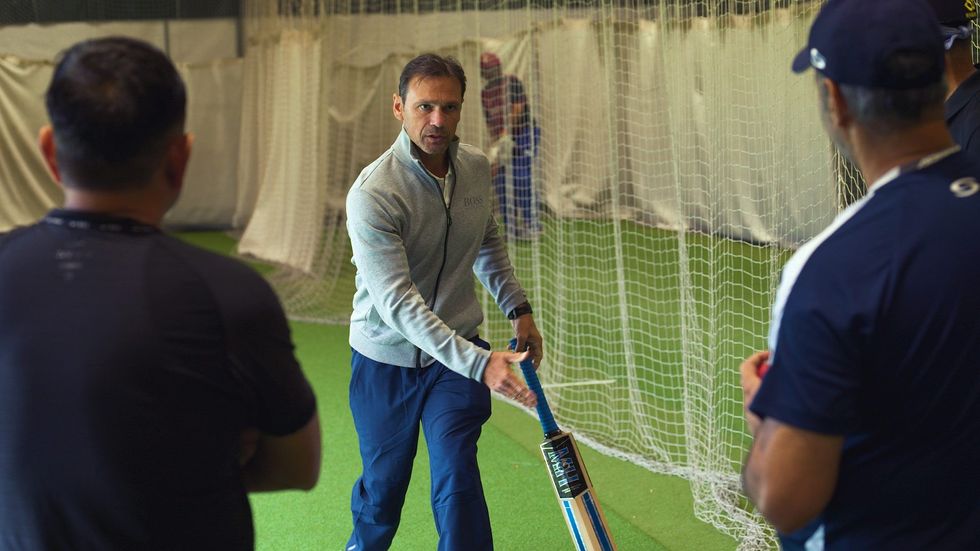
The documentary highlights the impact of cardiovascular disease (CVD) among south Asian communities.
It points out that around 50 per cent are more likely to die prematurely from coronary heart disease when compared with the general population.
“The overriding thing is to create publicity and awareness of the situation that people just don't seem to be aware about.
“They don't seem to realise that cholesterol can make such an impact on people's lives.
“Sometimes people don't come out the other side, they don't make it through if they suffer an event.
“We're trying to create publicity around this issue, particularly within the south Asian communities, so that people can get tested and avoid getting to a critical point.”
Find out more about the Get Back in the Game campaign at






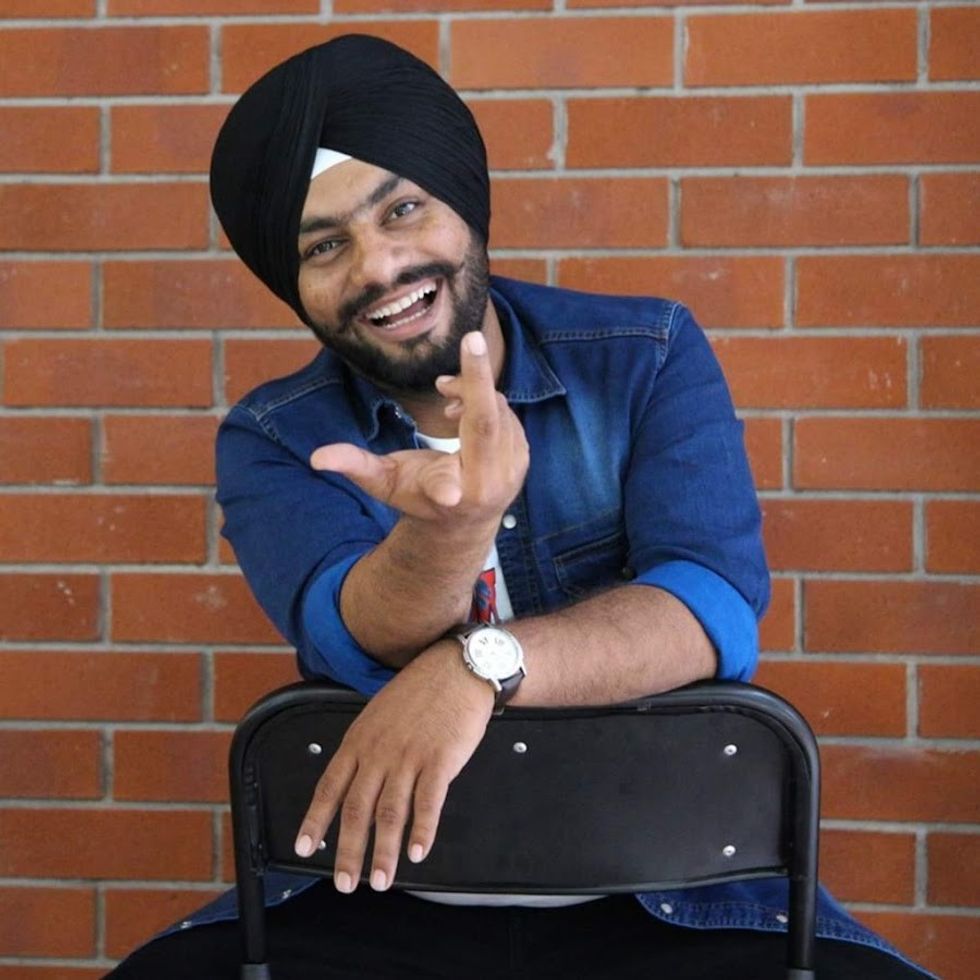 Manpreet Singh
Manpreet Singh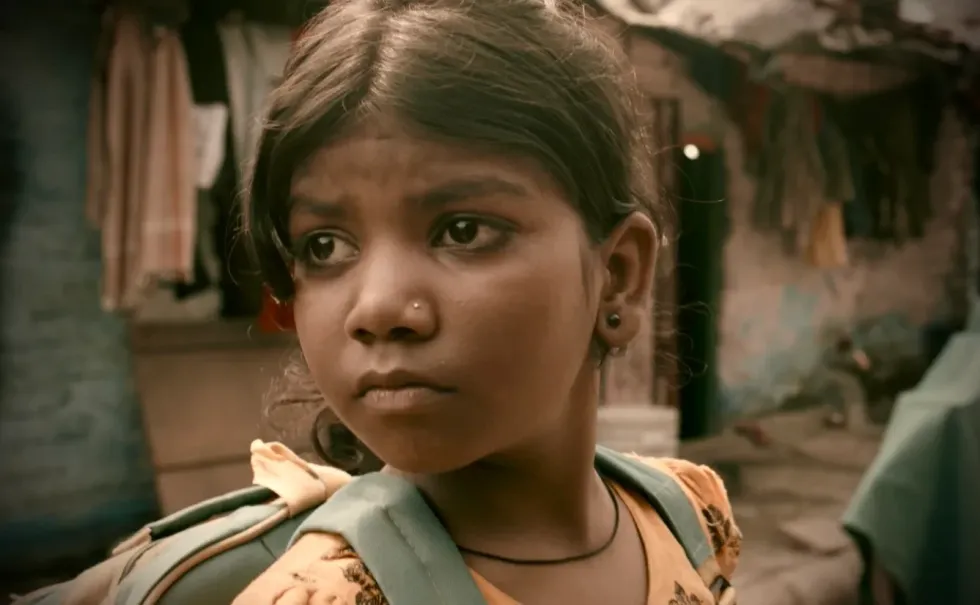 Anuja
Anuja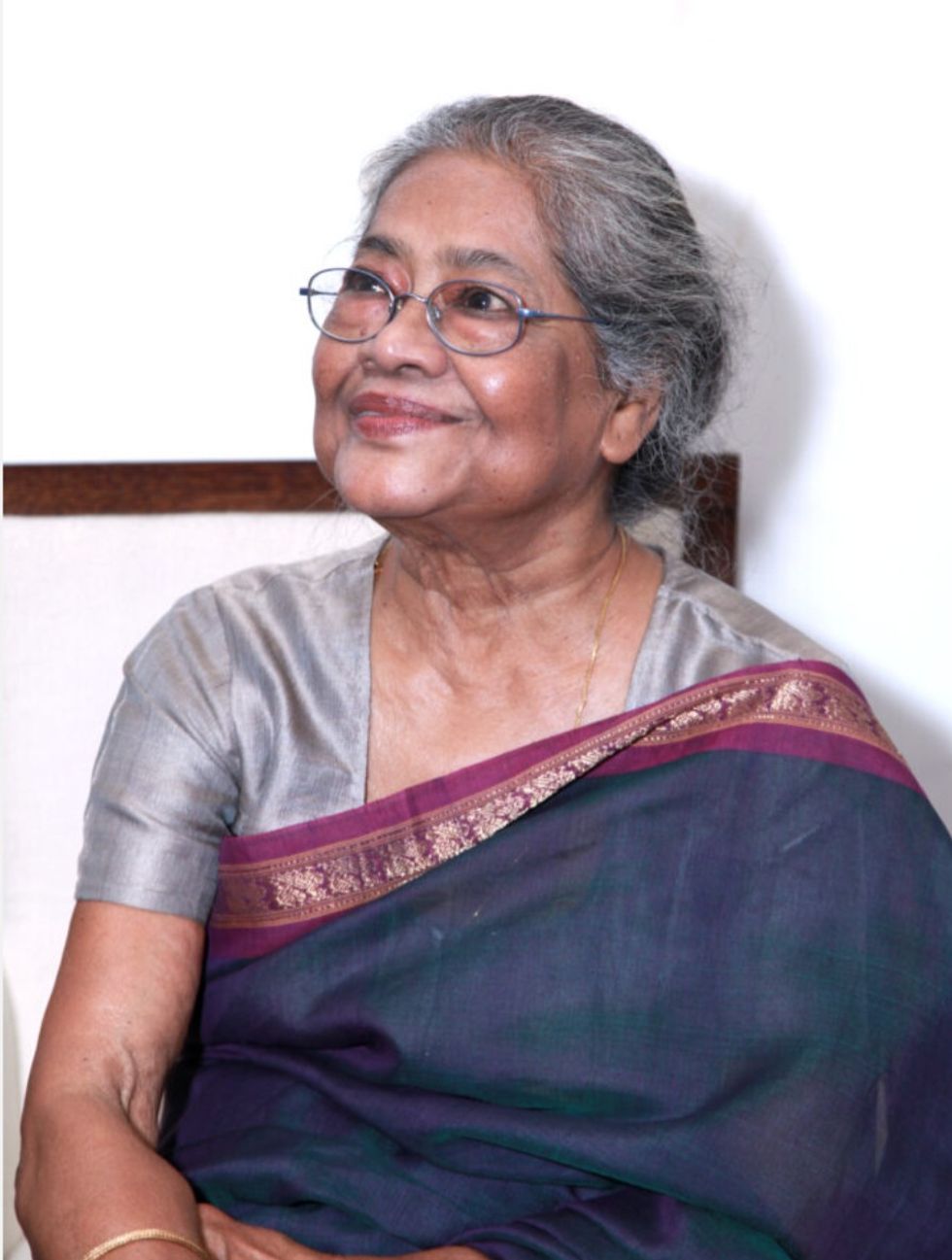 Arpita Singh
Arpita Singh Yeh Jawaani Hai Deewani
Yeh Jawaani Hai Deewani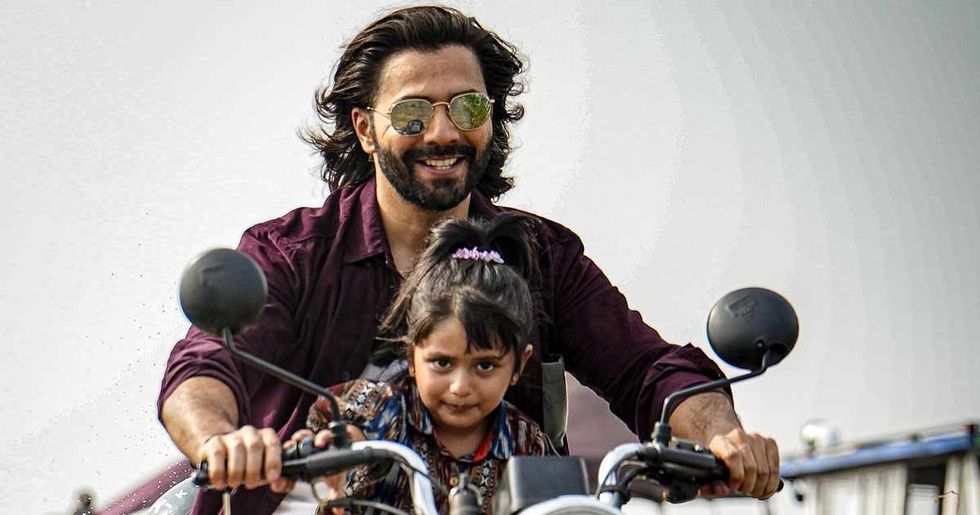 Baby John
Baby John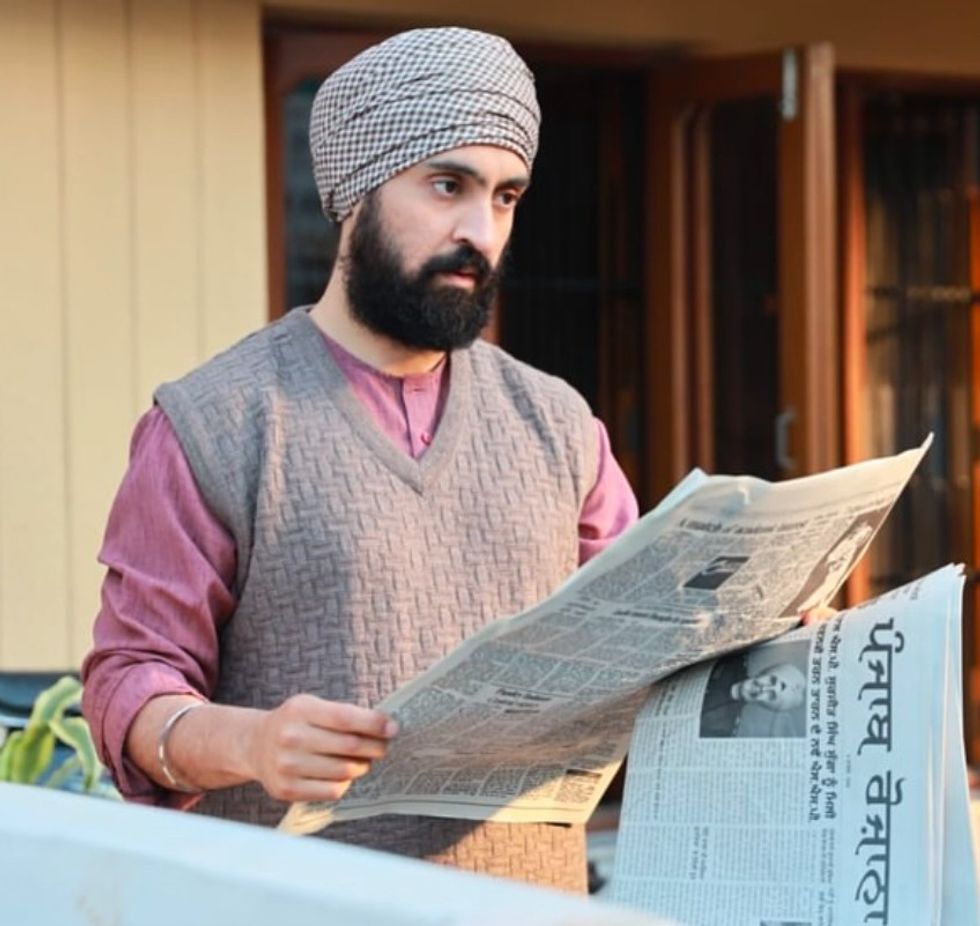 Punjab 95
Punjab 95 Karan Veer Mehra
Karan Veer Mehra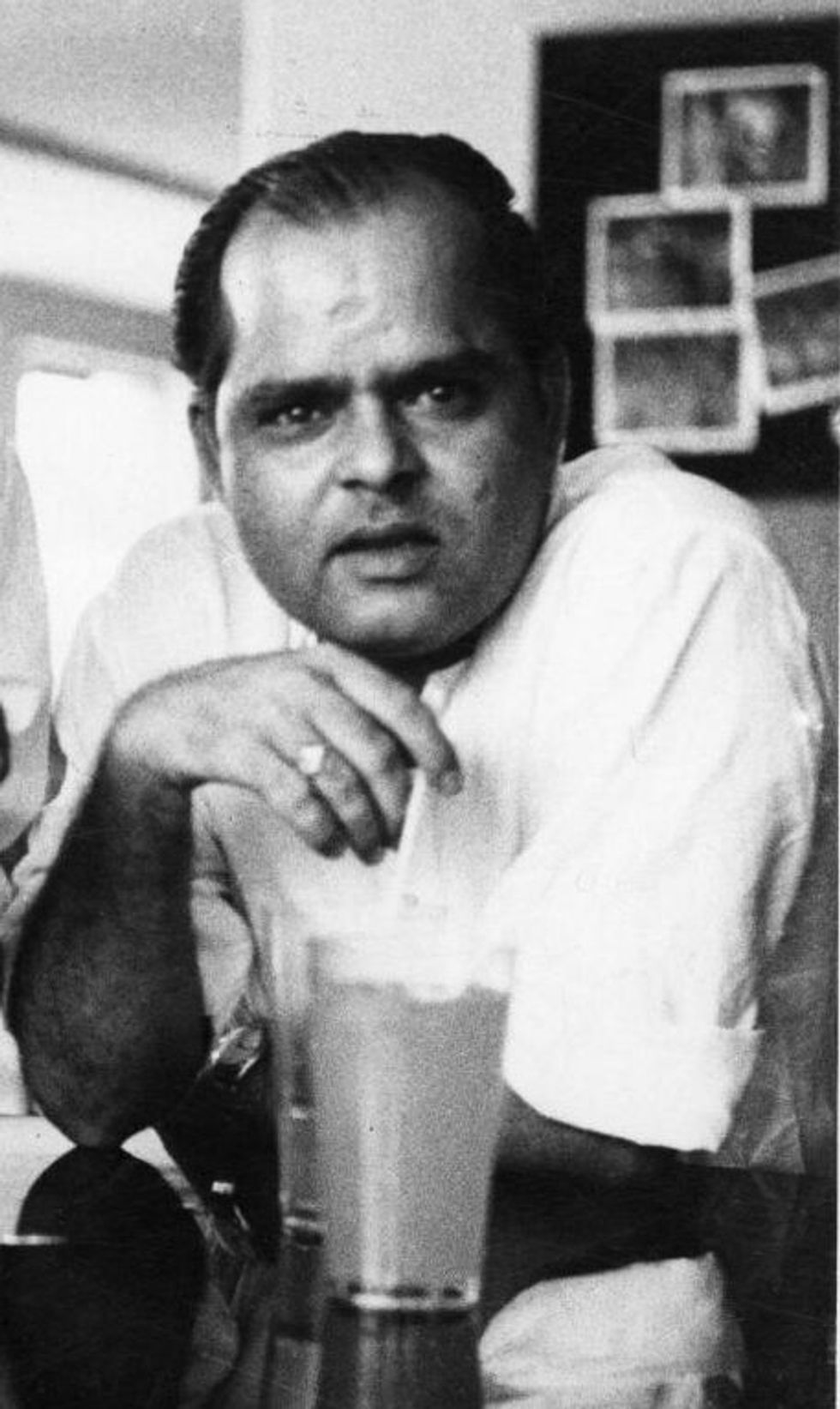 Roshan
Roshan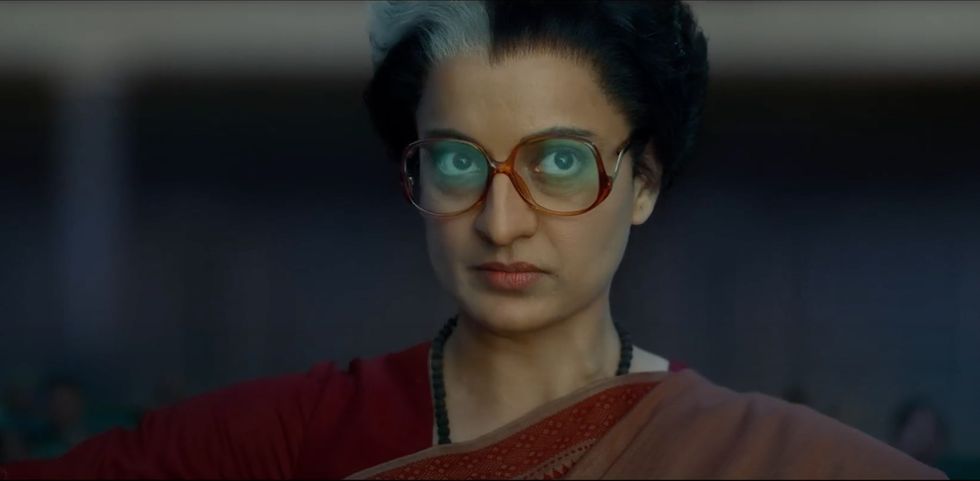 Emergency
Emergency












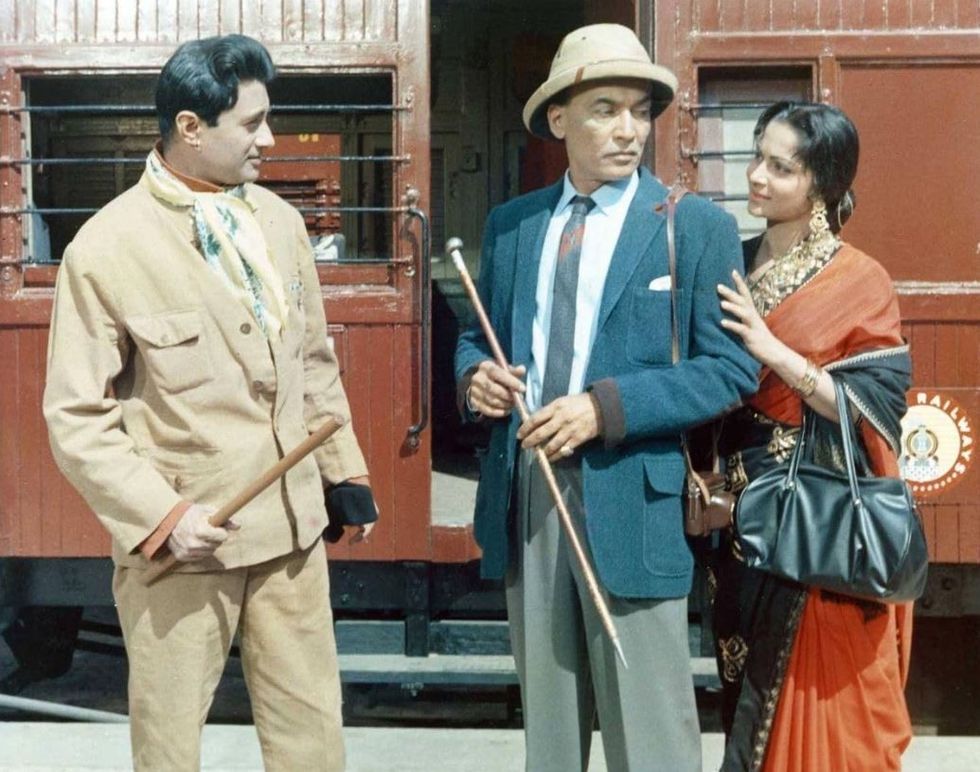
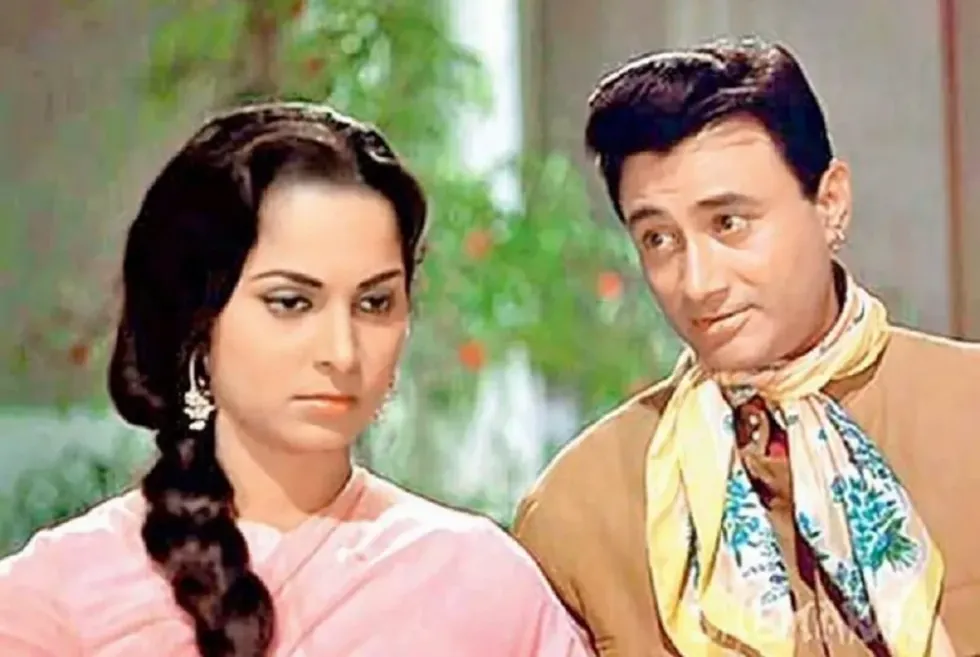
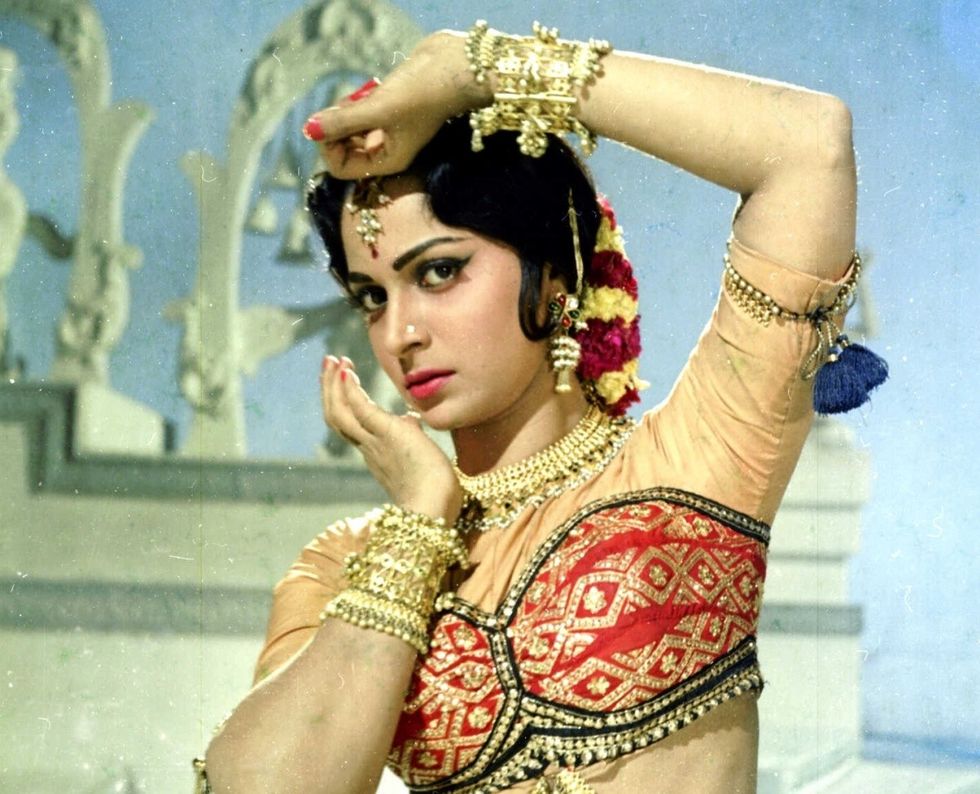
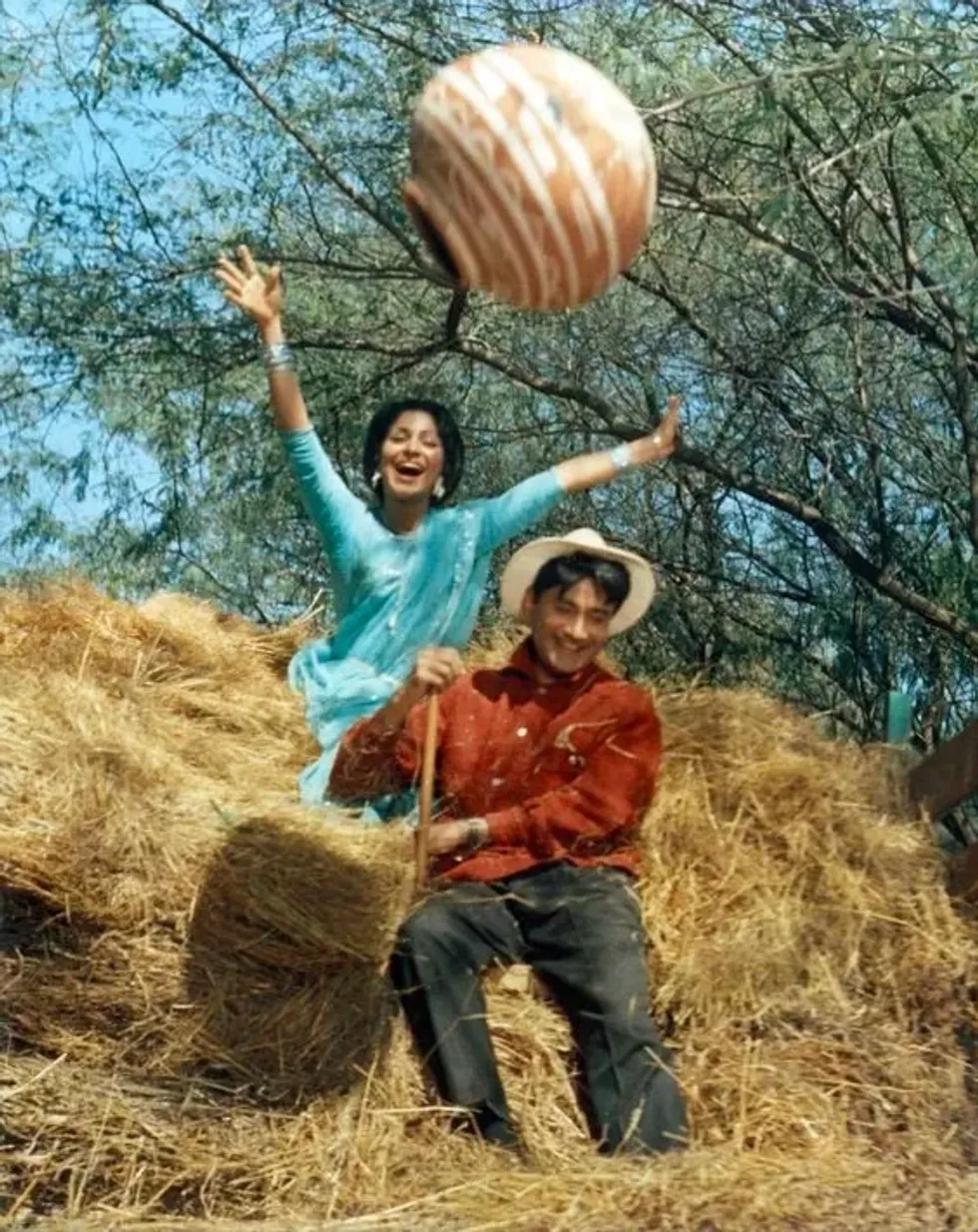
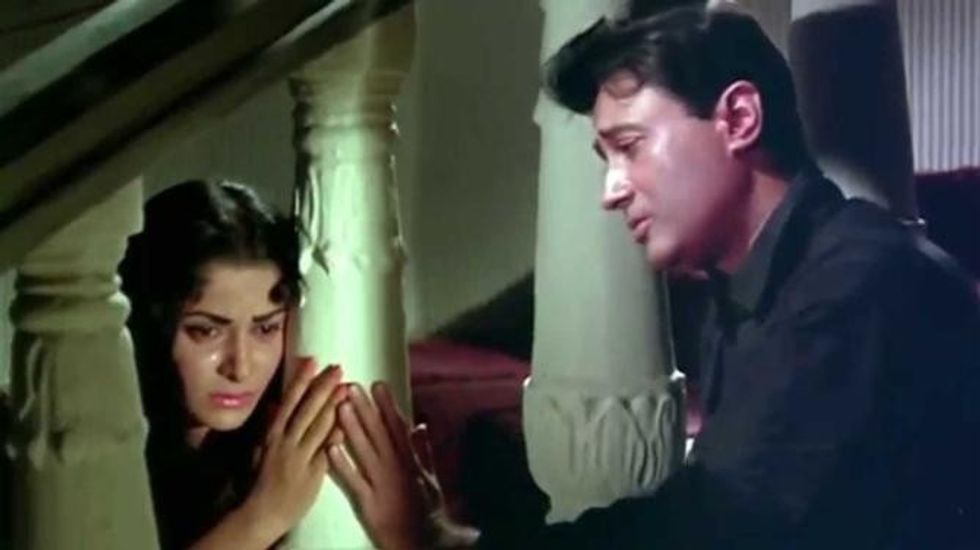
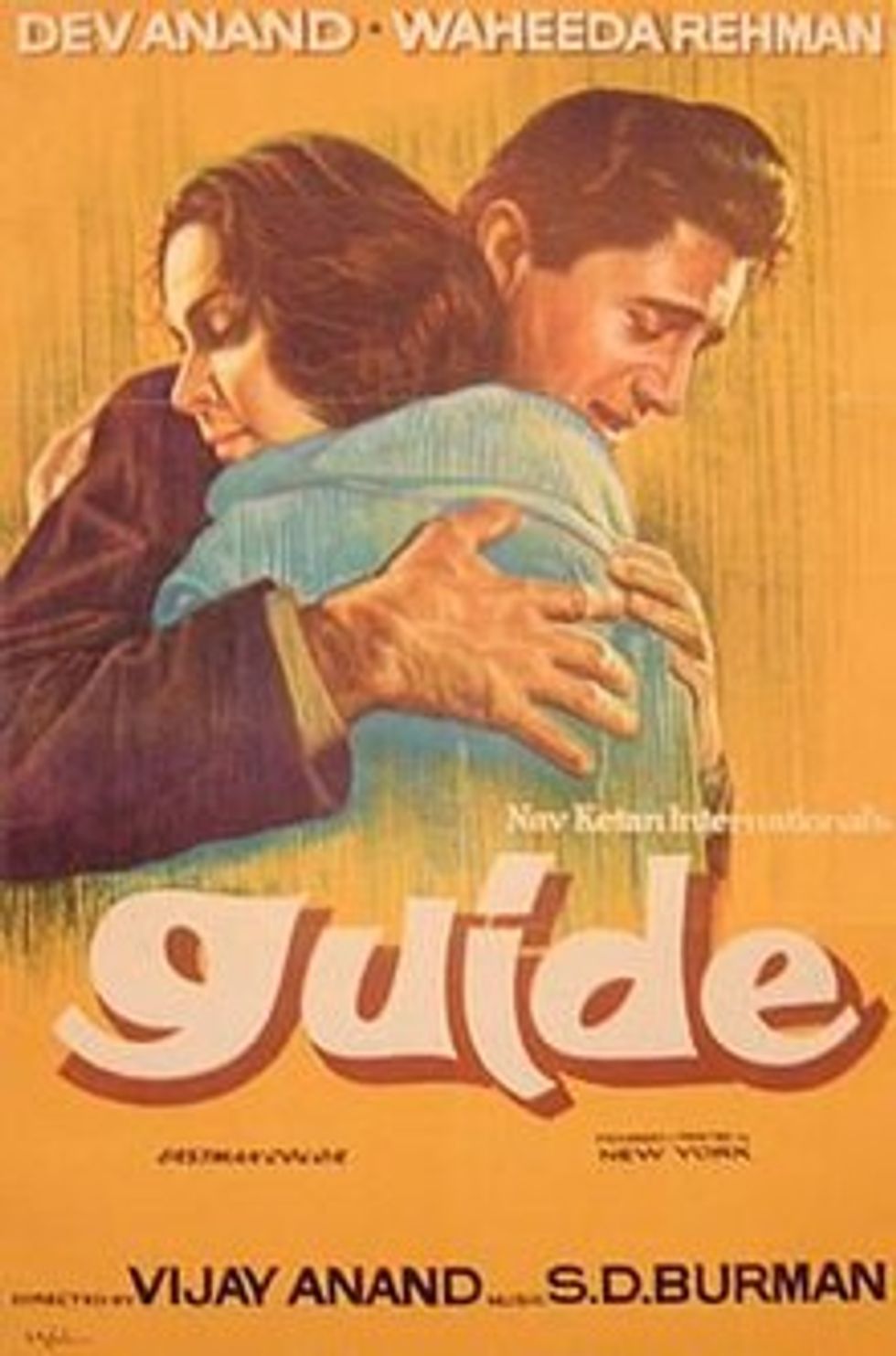 The film’s poster
The film’s poster
